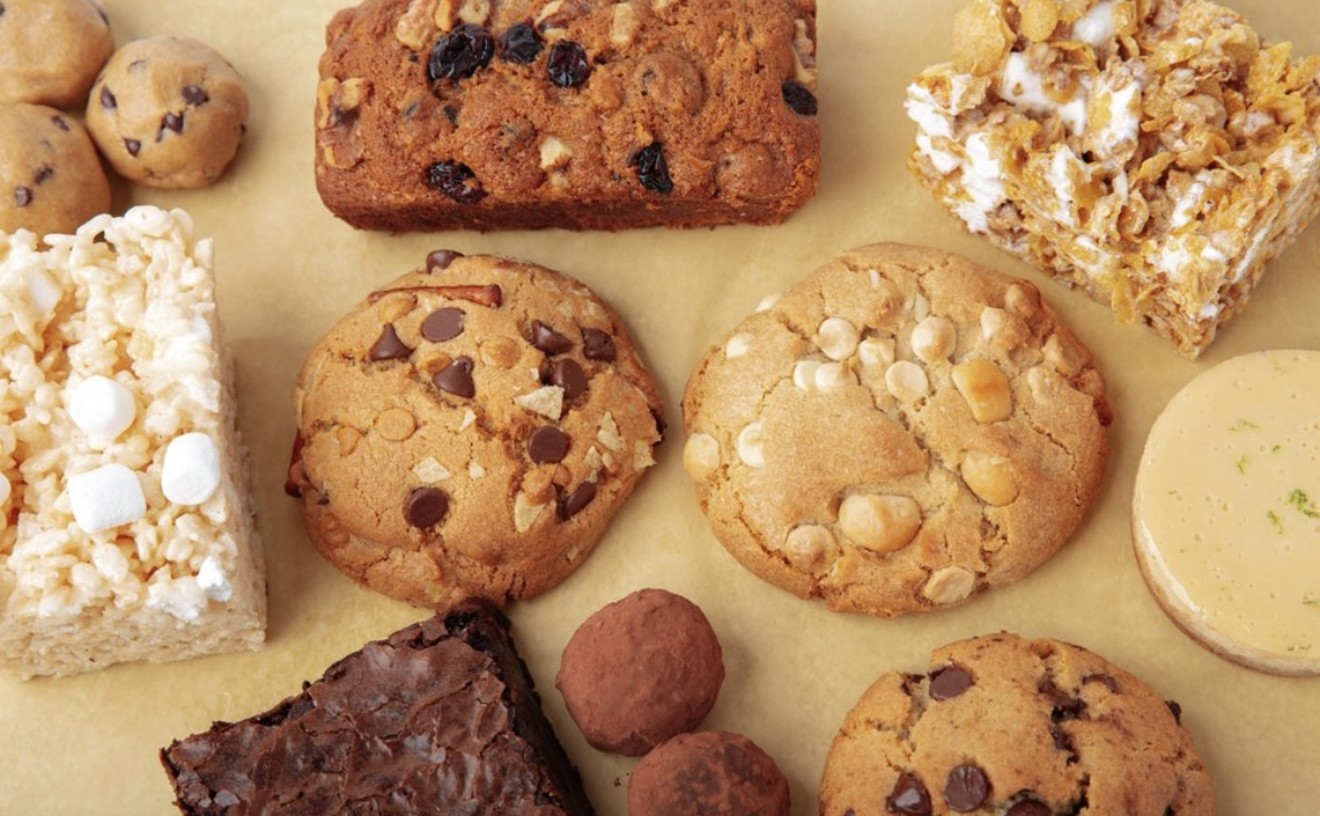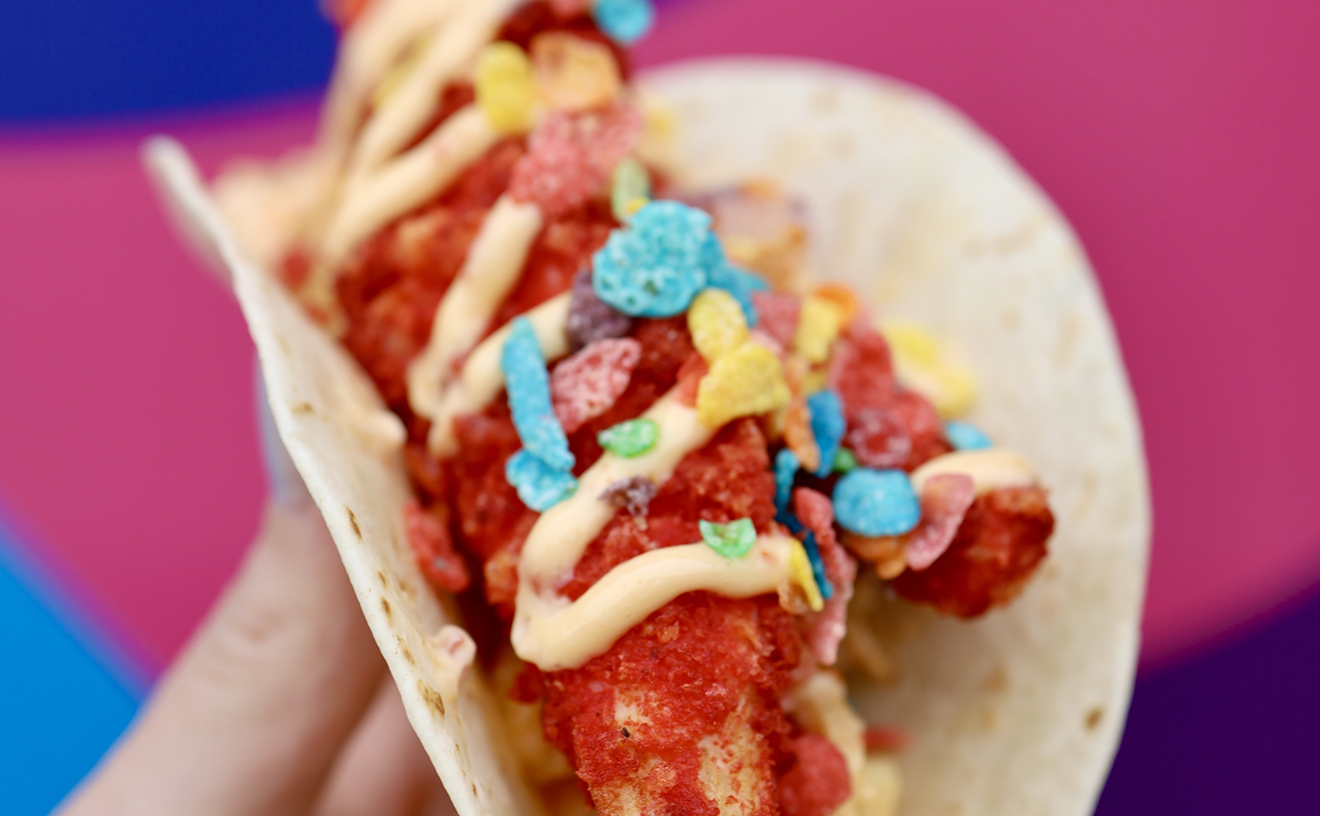The sophisticated culture that once flourished in Beirut and elsewhere in Lebanon is reflected in its food. Though it's true that there are far more similarities than differences in the region's national cuisines -- from Turkey to Israel to Tunisia and Morocco -- the spicing and style of Lebanon's food does show somewhat more European influence. It's possible to experience both the similarities and differences at Layali.
Sausage is one example. At America's North African restaurants, lamb sausage is invariably hot, earthy, and strongly spiced. Layali's grilled makanik, one of Lebanon's two most classic sausages, was less assertive and musky, mild but by no means bland. Complex flavorings, including hints of cardamom and allspice, made it most savory. Sujuk beef sausages were hotter but almost equally complicated. They're available either as a lemon-garnished appetizer ($5.25) or in pita sandwiches topped with tomato and onion ($5.75). The latter were tasty but would have been more so had either included the pickles mentioned on the menu; beet-dyed Lebanese pickled turnips would add salty/sour zing to almost anything.
The sausages are also offered as part of a $21.95 meza sampler that enables diners to assemble their own five-appetizer combo from all but one of Layali's fourteen starters and five salads. Sadly the most intriguing item, muhamarah (a walnut, red pepper, chili, and olive oil dip) was unavailable. But elegantly silky tahini elevated Layali's intensely herbal falafel to an art form. Also recommended: the al rahib eggplant salad, a chunky, smoky variation on baba ghannouj; and the fatoush, referred to as the "king of salads" but actually a Lebanese ringer for Italy's panzanella, a peasant salad, with toasted pita substituted for Italian bread cubes. Traditional respect for bread, even leftovers, knows no borders.
Layali's take on baked kibbe, the lamb/bulgur mix formed into a cylindrical shell and stuffed with pine-nut-studded ground meat, sounded better than it tasted -- too dry to be much fun. Kibbe nayeh, similar to steak tartare and generally hard to find in the U.S. (likely owing to fears of eating raw meat in inexpensive restaurants), was better, though atypically overloaded with sweet herbs. But labneh more than made up for it. The creamy-rich yet tangy condensed, homemade yogurt, topped with fruity olive oil, was possibly the best I've had -- ever. It alone would've been worth the drive to Doral.










